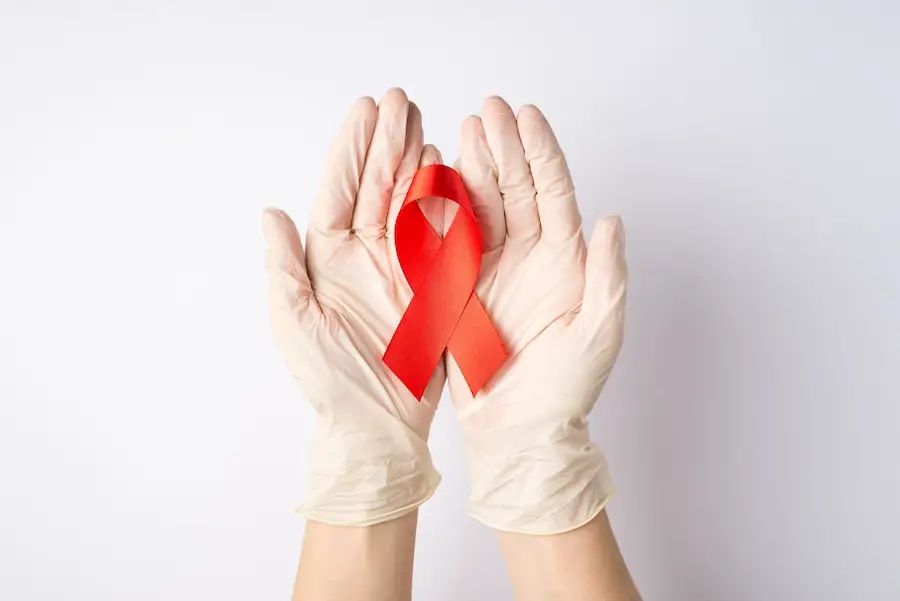Emory University is spearheading a project to deliver 1 million rapid HIV self-tests to areas with a high prevalence of the disease.
Starting next spring, the Together TakeMeHome (TTMH) program will send out one million tests across the country over five years.
According to the Georgia school, the project will be the most significant HIV self-testing initiative in American history, thanks to an $8.3 million award from the Centers for Disease Control and Prevention.
Since many people are unaware of their HIV status, testing is a crucial component of prevention and is necessary for receiving care, Emory added in its press release.
People can begin preventative care and treatment, if necessary, by taking this first diagnostic step. By providing free HIV self-tests via mail, TTMH hopes to remove barriers to testing such as cost, privacy issues, stigma, and a lack of access to HIV clinics.
“Testing is a critical entry point for HIV prevention and treatment services, especially for people most affected by HIV,” Emory professor Dr. Travis Sanchez said. “Together, TakeMeHome leverages proven HIV prevention strategies by allowing people to get tests delivered directly to their doorsteps.”
Testing Procedure
Those who sign up through the TTMH website will receive a free HIV self-test starting in early 2023. Orders will be handled by Amazon and sent to all 50 states and Puerto Rico in discrete parcels.
Emory will evaluate the effectiveness of the program by examining who used the tests, how many new diagnoses were made, and how many people started HIV treatment or pre-exposure prophylaxis.
The program and tests resemble the free COVID-19 tests the federal government sends out across the nation. People will be able to place orders for two tests at once online after entering their address and password. The specifics of how frequently orders will be accepted are still being worked out.
Afterward, they will receive the tests with instructions and obtain the test results in about 20 minutes. HIV testing, unlike COVID-19 tests, calls for a mouth swab rather than the painful nasal swab.
Along with the tests, people will receive testing instructions and obtain the results in about 20 minutes. HIV testing, in contrast to COVID-19 tests, calls for a mouth swab rather than the painful nasal swab.
“So this is an entry into this routine testing pattern with really the ultimate goal of trying to have people thinking about HIV testing as a routine part of their healthcare,” Sanchez told 11 Alive.



